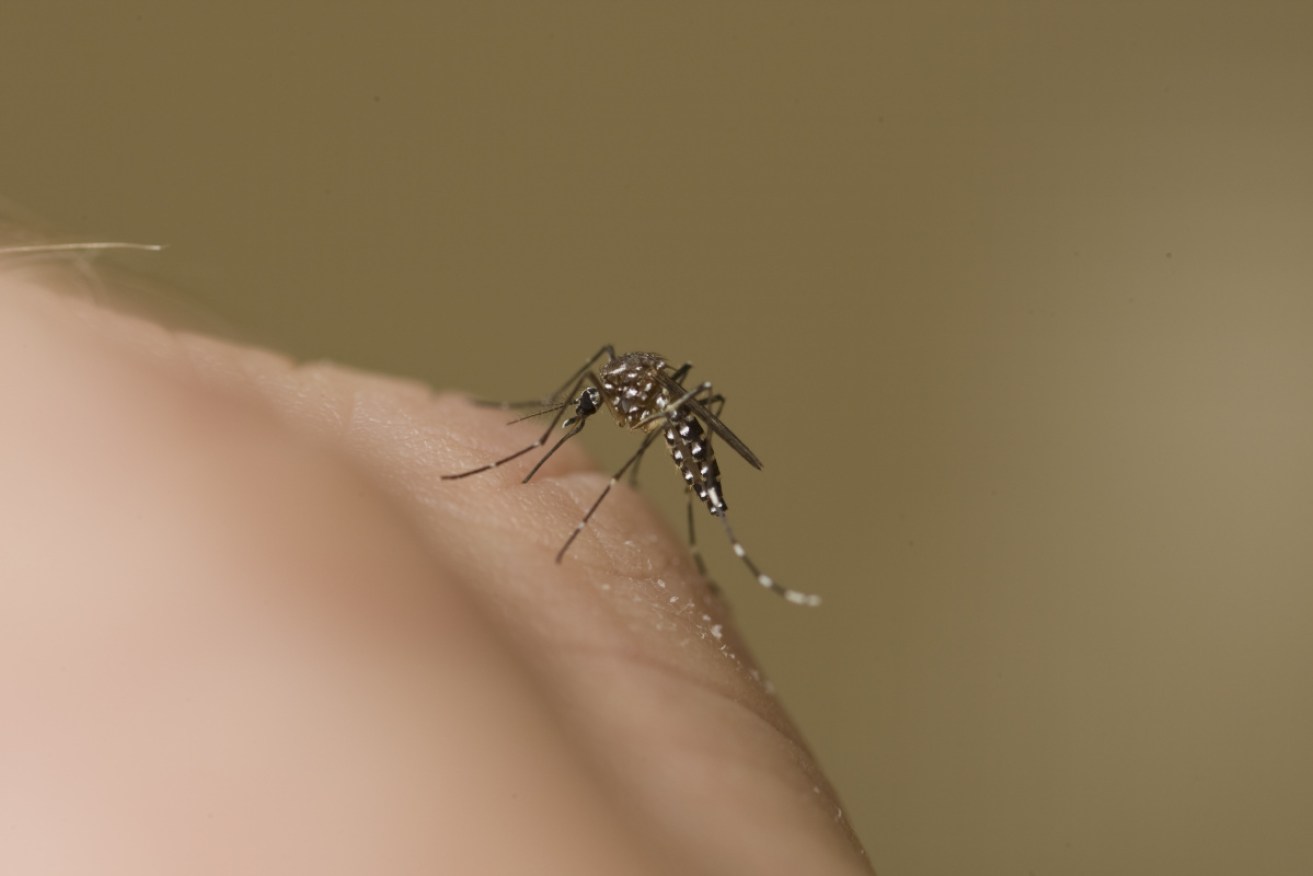Encephalitis warning as Australian cases rise

Japanese encephalitis spreads through mosquito bites and can't be transmitted person-to-person. Photo: AAP
Australians are being warned to take the risks posed by Japanese encephalitis seriously, as confirmed cases rise to nine and two more people are admitted to hospital with the virus.
The Encephalitis Society, an international peak body for the disease, is calling for greater recognition and awareness of JEV in Australia.
“Encephalitis is a code-red condition that remains under-recognised,” chief executive Ava Easton said.
“As Australia faces ongoing extreme weather conditions we are urging all Australians to equip themselves with knowledge about this very real disease and to not dismiss it as a low-risk probability or something too rare to talk about.”
Dr Easton warned, given recent floods in Queensland and NSW, mosquito-borne viruses responsible for causing encephalitis “will be proliferating”.
It comes as the federal health department is investigating dozens of suspected JEV cases, with nine confirmed infections nationally.
NSW Health on Monday said two people from the Victorian border with confirmed JEV were being treated in hospital.
A Corowa man remains in a serious condition in a Victorian hospital’s intensive care unit and a child from Wentworth has been discharged from intensive care but continues to receive hospital care for their illness.
“Several more people in NSW are undergoing further testing, and more cases are expected to be confirmed over the coming days and weeks,” NSW Health said in a statement.
One Queenslander and six Victorians have been confirmed to have the disease, with five of them hospitalised.
In recent weeks, JEV has spread to dozens of piggeries across Queensland, NSW, Victoria and South Australia.
Federal Agriculture Minister David Littleproud said the disease was in 42 piggeries across the country.
“It’s been pretty constant for the last week, but we are monitoring,” he told ABC Radio National on Monday.
Last week, Australia’s chief medical officer declared JEV as a nationally significant communicable disease incident, triggering extra resources for states and territories.
JEV spreads to humans through mosquito bites and cannot be transmitted from person-to-person, nor by eating pork products.
It has been more than 20 years since JEV was detected in humans. The last outbreak was in Australia’s tropical north in 1995.
In most cases, human infection with JEV is asymptomatic, but about one per cent of infections can progress to serious disease including brain inflammation.
Two vaccinations are available for protection against JEV in Australia, with older people and those aged under five at a higher risk of developing a serious illness.
Anyone working or camping in regional parts of Australia with high mosquito activity is warned to use repellent and cover up with loose-fitting clothing.
– AAP








